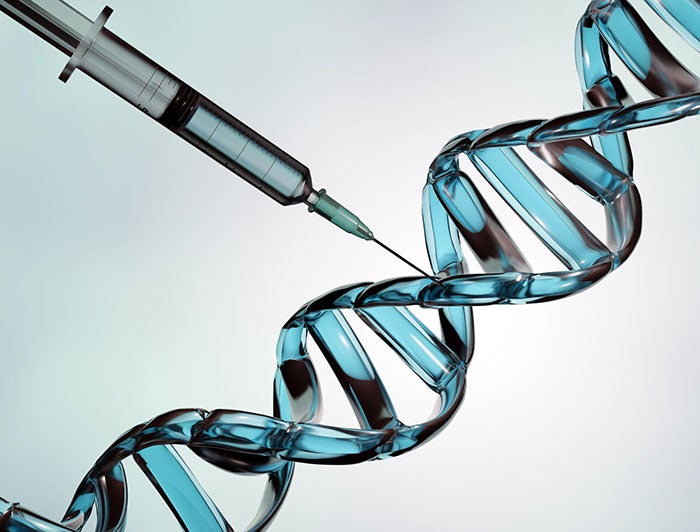Texas Children’s Hospital uses new enzyme therapy to cure a rare neurological disorder
Texas Children’s Hospital
Houston, Texas

An extremely rare neurological disorder called aromatic l-amino acid decarboxylase (AADC) — a condition that prevents the brain from producing dopamine and serotonin, the essential chemicals for controlling movement, mood and basic nervous system functions — was once thought to be untreatable. At Texas Children’s Hospital, a 3-year-old patient received a new enzyme replacement therapy called Kebilidi as a cure to AADC, marking the first time the hospital has used this therapy, and the results are already bringing hope to families facing similar diagnoses.
“Before now, AADC deficiency was a hopeless diagnosis,” said Daniel J. Curry, M.D., director of function neurosurgery and epilepsy surgery at Texas Children’s. “With this treatment, we’ve entered a whole new era where we can deliver solutions to formerly untreatable genetic problems.” After a two-week stay for follow-up care, the patient is now back home and the therapy is expected to show measurable impact in the coming months.

